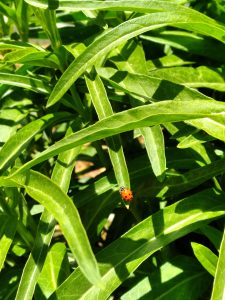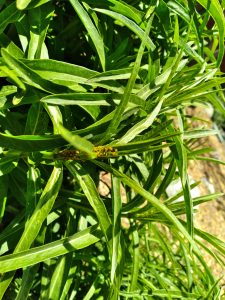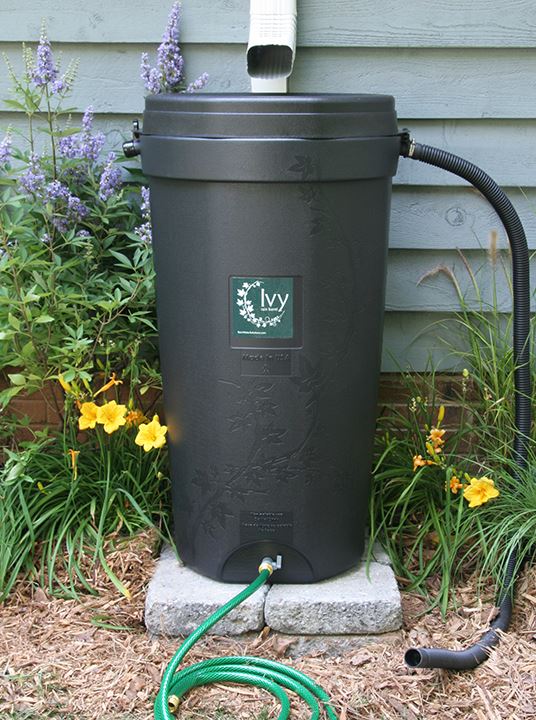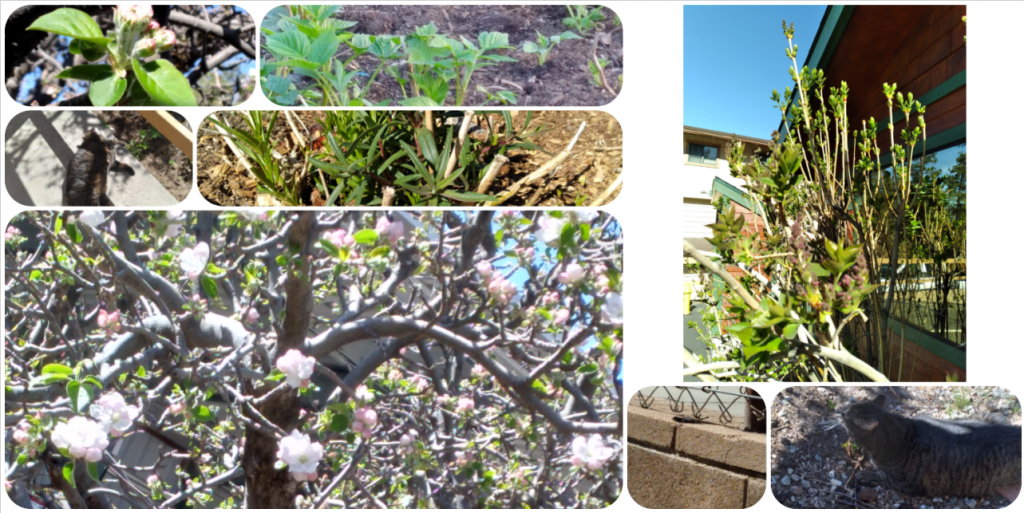Posted by admin on March 12, 2021
I know there is still snow on the ground and more snow scheduled and you may not be thinking about gardening, but it’s never too soon to start composting.
What is compost?
According to Wikipedia, compost is made by decomposing organic materials into simpler organic and inorganic compounds in a process called composting. This process recycles various organic materials otherwise regarded as waste products. A good compost is rich in plant nutrients and beneficial organisms. Usually with a ph level between 6-8.
Why use compost?
According to Bonnie Plants, compost energizes the soil food web, which is made up of microscopic bacteria and fungi, along with earthworms, crickets, and many other life forms. Many fungi form symbiotic, or mutually rewarding, partnerships with plant roots, making it possible for vegetables to feed themselves more efficiently. Research shows that compost enhances the ability of tomatoes and other vegetables to stand up to common diseases and may improve their flavor and nutrition, too. Compost also helps the soil retain moisture. Through composting you enhance your garden’s ability to grow healthy plants while reducing your volume of trash.
Where to get compost
The Pine Cove Water District usually has compost for FREE for our residents, you can buy bagged compost, but of course, the best is homemade. This is no “recipe” to a perfect compost but a lot of information about what can and cannot be put in and every batch is different depending on what materials go into it.
What CAN be composted?
Most organic materials or items that were once living can be used in compost. Plant-based items used in cooking, such as potato peelings, carrot skins, banana peels, cocoa hulls, coffee grounds and filters, corn cobs, apple cores, eggshells, fruit peels, kelp, and nut shells.
Other items around the house that might surprise you are unused kitty litter, hair, shredded newspapers and cardboard, leaves, flowers, paper, pine needles, ashes, and sawdust.
The most surprising item to me was the pine needles. I think my next blog will be all about pine needles in gardening. (There’s a lot of precaution along with it.)
What CANNOT be composted?
Inorganic and non-biodegradable materials. Plastic, glass, aluminum foil and metal. Pressure-treated lumber, coated or glossy printed papers like catalogs, magazines, wrapping paper, etc. Avoid pet droppings from dogs and cats, animal products like bones, butter, milk, fish skins, and meat as they may decompose and start to smell foul and attract maggots, parasites, pathogens, and other microorganisms that may attract flies and scavenger animals. Plus, they decompose very slowly.
Weeds are not harmful in compost piles but the risk is that their seeds can germinate and infiltrate garden beds when the compost is used. The same can be said for tomato plants and some other hardy fruits and vegetables.
This is just a starting point; If you are interested in making your own compost, it is recommended that you do more research and learn which ingredients can and cannot be added.







